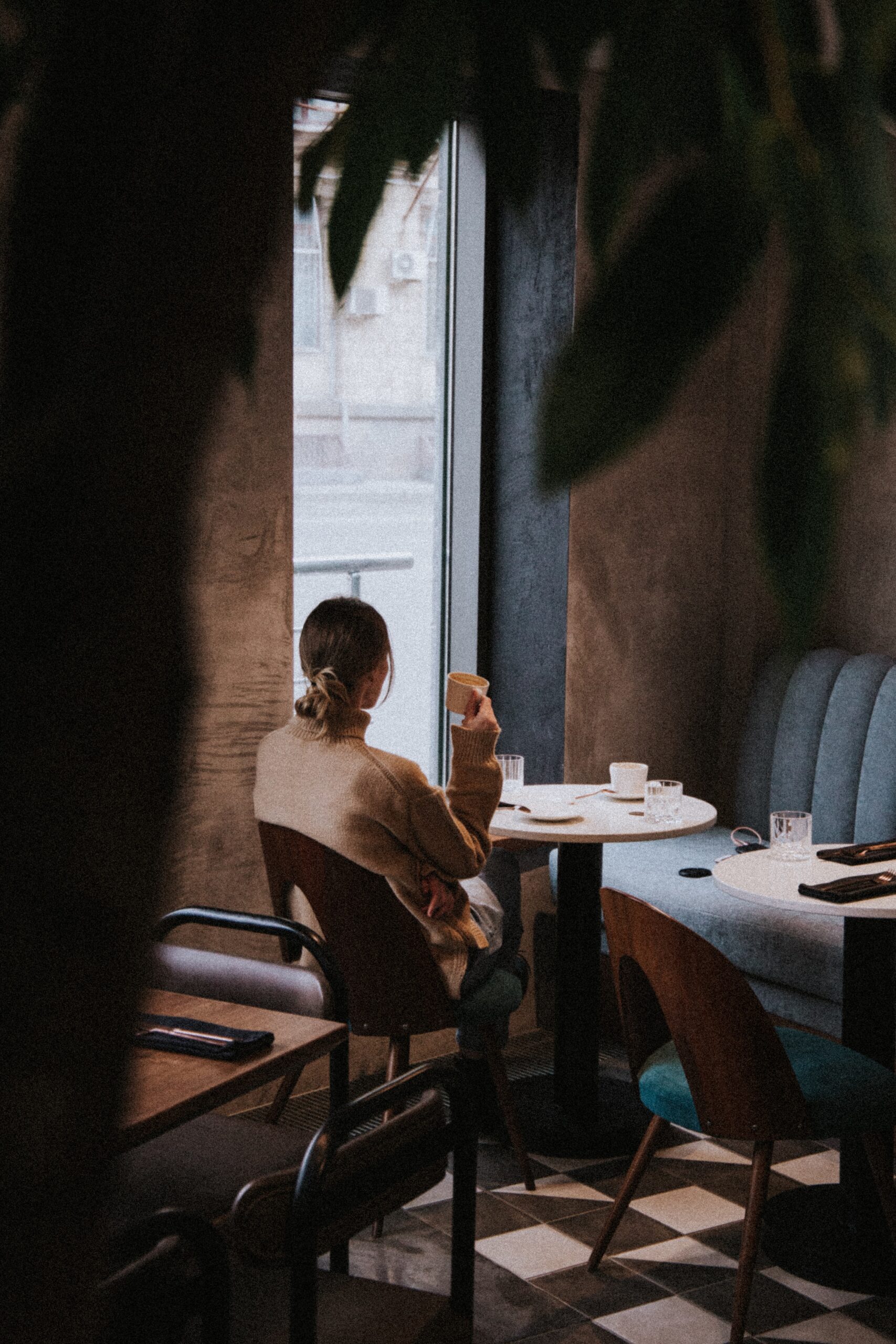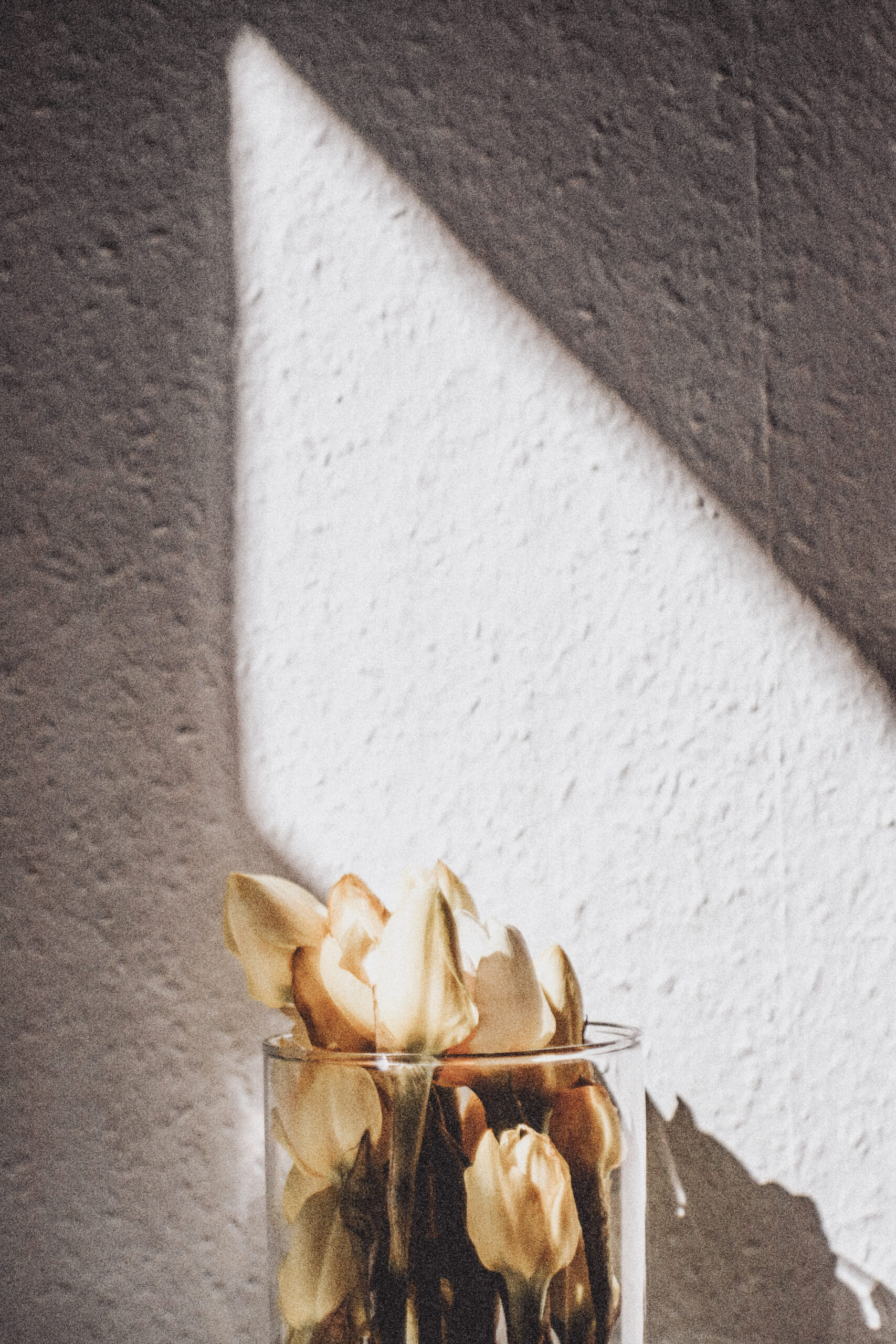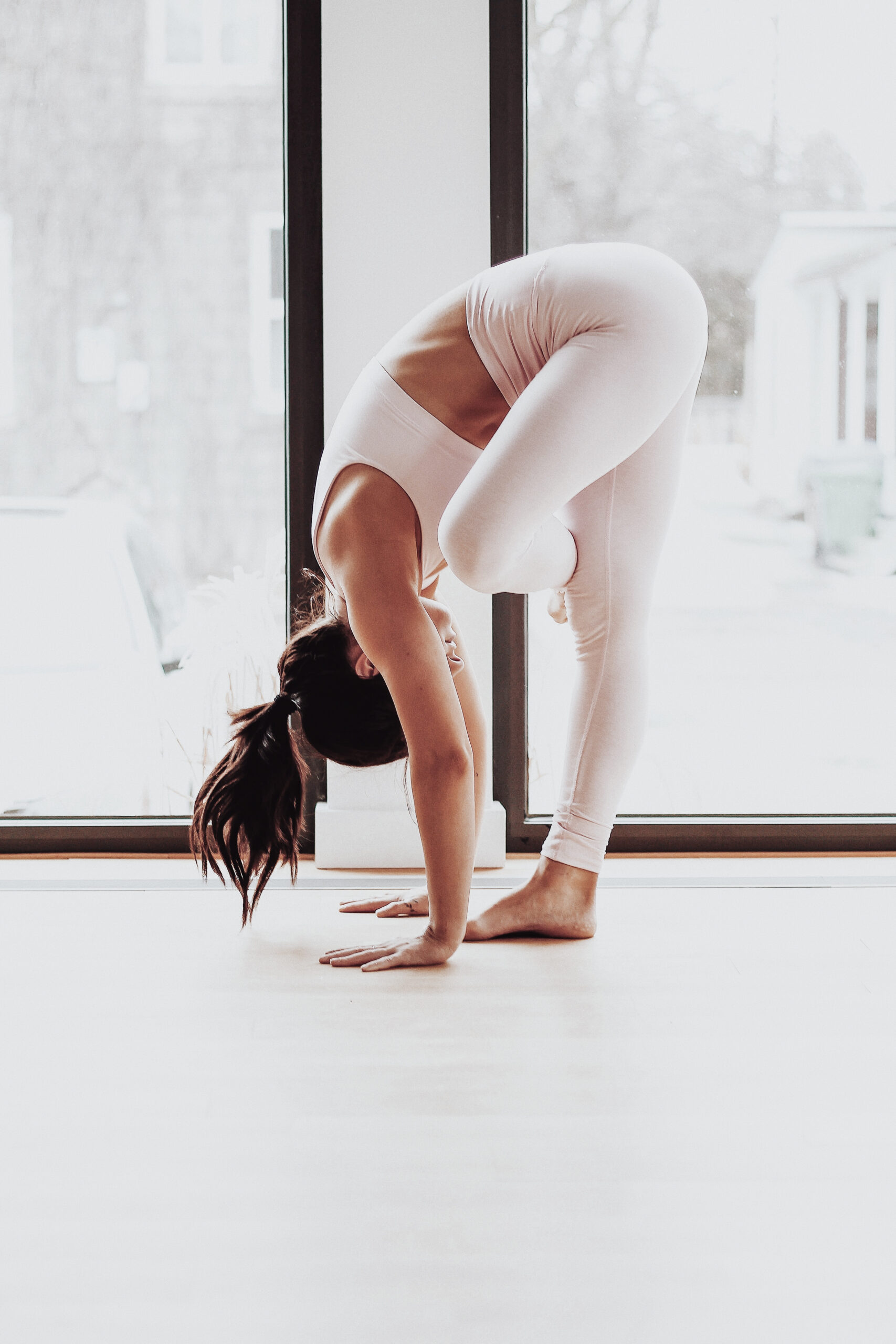
Coffee Alternatives: when it’s time to give up the grind
Love it or hate it, coffee is everywhere. Literally on most street corners. This is great news is you have excellent metabolism pathways, minimal stress, and a penchant for your drinks dark and strong….
But what if you can’t have coffee? For a number of people, it’s best to skip the brew. This may include the following:
- Pregnancy
- Anxiety or high stress (read more on anxiety & coffee here)
- Liver conditions
- Insomnia or poor sleepers
- Heart conditions
Or if it gives you symptoms such as jitters, heartburn, or the sweats (eek)
Where do you turn to?
We are here to give you the low-down on coffee alternatives. You’ll never even think to miss it.
Decaff
Often the first question that’s asked when suggesting people take a break from coffee is, ‘can I have decaff?’ Decaff has around 97% of the caffeine removed, so if you are avoiding coffee because of its stimulant effect, decaff certainly is an option. However, if you are avoiding coffee for other reasons, remember that decaff uses the same metabolism pathways, so perhaps a total break from coffee is best.
Dandelion Root
This is often referred to as a coffee substitute because it has a similar bitter taste to coffee. (Think of a slightly milder more caramel version.) As well as tasting great, the upside of dandelion is its bitter compounds. These compounds help to promote healthy digestion and can relieve sluggish bowels and reflux.
Bonvit does a dandelion option for at home, which can be purchased here.
A number of wholefood cafes will also have it as an option on the menu, including Orchard St.
To get the perfect brew, steep 1 tsp of dandelion root in boiling water for 5-10 minutes. Add milk/mylk as desired.
Brewed Chai
This is one of my personal favourites. Originating in India as part of Ayurvedic medicine, Chai has been around for centuries. Folklore suggests chai dates back more than 5,000 years when a king in India ordered that a healing spiced beverage be created for use in Ayurveda, which is a traditional medicinal practice where herbs and spices are used for healing benefits. The formulation included ginger and black pepper as their heat stimulated digestion, cloves for their antiseptic properties and ability to relieve pain, cardamom as a mood booster, cinnamon to support circulation and respiratory function, and star anise to freshen the breath.
There are a number of beautiful chai recipes online, and a traditional Ayurveda recipe can be found here.
Alternatively, Prana Chai and The Organic Tea Project are both excellent brands.
To make chai at home simply add 1 tsp of chai blend to a small saucepan with the desired ratio of hot water to mylk/milk, and slowly bring to the boil.
Remove from heat, strain and enjoy.
When ordering chai in cafes, be mindful as a lot of cafes only offer chai lattes, which is generally a powdered chai with no health benefits and lots of sugar. Instead, ask for brewed chai, or if you rather it without milk, order a chai tea. Some cafes include black tea leaves in the mix, so if you are avoiding caffeine entirely, check with your friendly barista. Despite it being a little confusing to start with, once you find a cafe that makes it the way you like, you will be in chai heaven. Shuk in North Bondi makes an excellent brewed chai.
Matcha
The taste of matcha often divides a crowd. It’s made from green tea extract so does contain caffeine, but the release is slower due to one of its amino acids called L-Theanine. This results in a more calming and relaxing effect. Matcha is well known for its high antioxidant status, so is definitely a drink worth trying.
Zen is a lovely brand to make at home.
Turmeric
Turmeric originates from the ginger family and has a strong history in Ayurvedic and Chinese medicine. It’s well known for its earthy taste and anti-inflammatory properties. Often black pepper is added with turmeric as it’s thought to increase absorption of the medicinal compounds.
For a beautiful version to make at home, try Golden Grind. Alternatively, you can make your own ‘latte’ simply by using a good quality turmeric powder.
Cacao
Cacao comes from the cacao tree which is native to tropical regions in Central and South America. Cacao differs from cocoa due to its manufacturing process. Making raw cacao involves cold-pressing unroasted cacao beans, which keeps in the living enzymes and removes the fat. Cacao contains high amounts of resveratrol, which is a potent antioxidant. While it’s a common misconception, cacao doesn’t actually contain caffeine but instead contains theobromine which has a similar structure to caffeine. While caffeine is a nervous system stimulant, theobromine stimulates by opening up the blood vessels which creates a sense of alertness and relaxation at the same time.
Cacao has long been used in traditional ceremonies of community gathering, which involve setting intentions, meditation, breathwork, gratitude and music.
A lovely option to make at home is Organic Merchant – Spark range which is sold on our slow down shop.
My top tip for cacao drinkers, if you get reflux, stop drinking cacao. As delicious as it is, it’s also an oesophageal sphincter relaxant, which means it can prevent your oesophagus ‘door’ from closing properly and as a result stomach acid can climb up your oesophagus. This is not only uncomfortable but causes problems in the long term.
Herbal Teas
There are so many options!! Pick one that has a health benefit to what you’re looking for. A little run-down, try ginger & lemon. Feeling stressed, try chamomile. Many cafes offer a range of beautiful herbal blends these days that go beyond your standard green tea or English breakfast.
If you are looking for options to have at home, take a look at our handmade organic Halsa Health Tea range. They not only taste great but also provides therapeutic benefit too.
Cold Drinks
With summer on the way, perhaps you’re happy to skip hot drinks altogether. Cold options when avoiding caffeine include juice (aim for freshly squeezed, 90% veg, 10% fruit), kombucha (with less than 4g of sugar), coconut water, sparkling water, and fresh iced teas.
Bondi wholefoods in Surry Hills has a beverage list to suit everyone! To make iced tea at home, simply brew your favourite tea and refrigerate until cool.
*Please note, if you are pregnant special considerations apply to which herbal teas are suitable. Contact your practitioner for more details.
Happy brewing friends xx
Brooke is a qualified naturopath with a focus on digestive health, hormones, and adrenal conditions.
Author
Brooke Schiller, BHSc Nat & Nut, BCom
Learn more about Brooke here
Book a session with Brooke here
To learn more about coffee alternatives or for speaking enquires on this topic get in touch at hello@halsahealth.com.au





